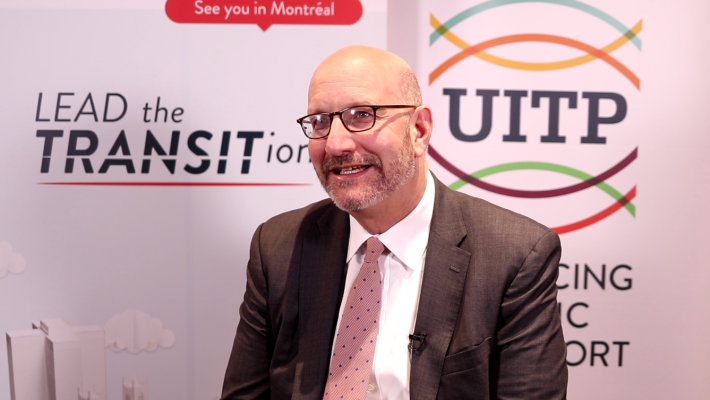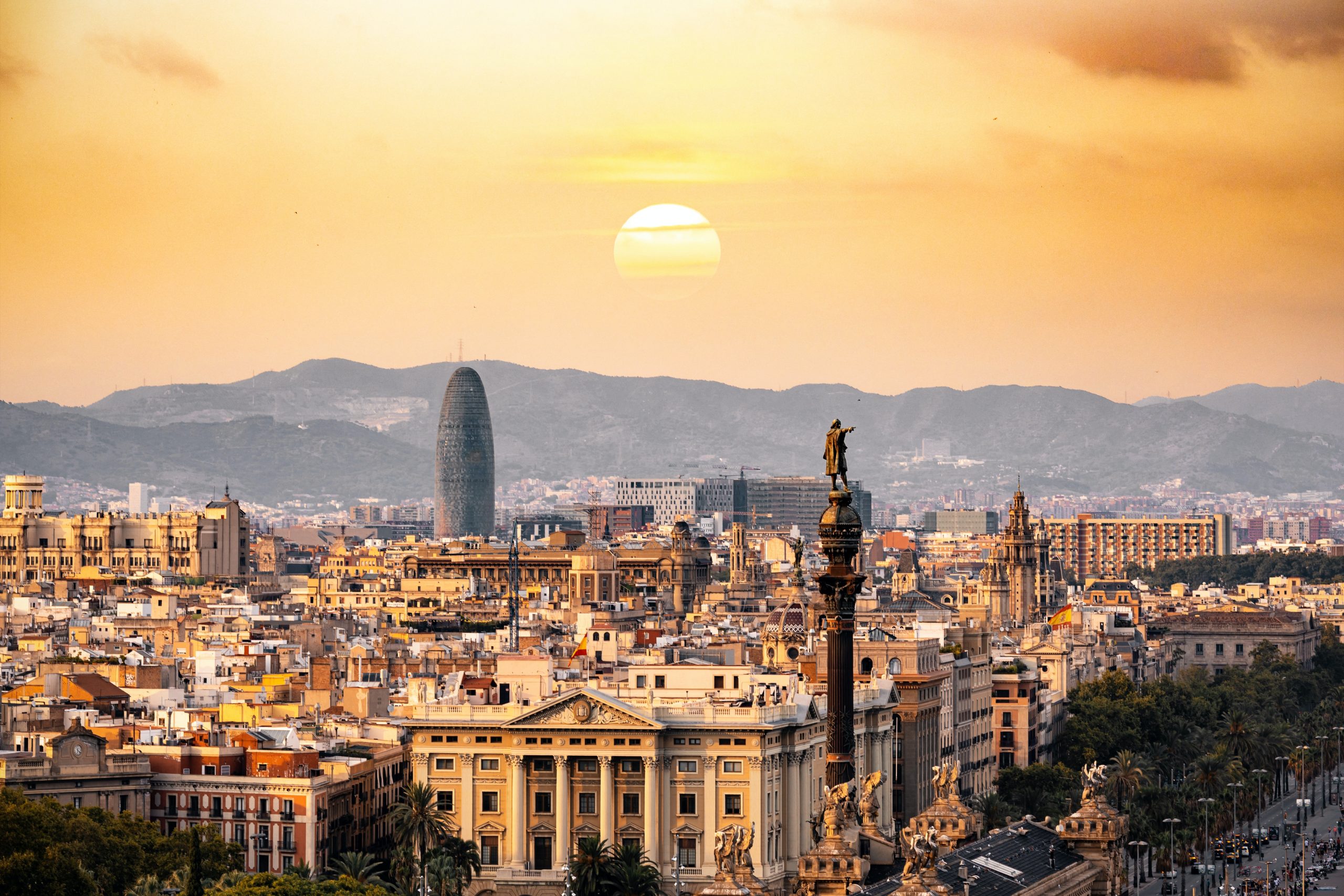Redefining Urban Mobility: Interview with Motivate CEO Jay Walder
There are few sectors of the transport industry that Jay Walder is not familiar with: serving as CEO for Transport for London, Hong Kong Transport Company MTR Corporation, and Metropolitan Transportation Authority in New York, he is currently CEO at the USA’s largest bike-sharing company, Motivate.
Walder has always been on the cutting-edge of the transport industry, responsible for the introduction of London’s Oyster card, and now focusing on expanding the bike-sharing programme to cities across the world.
UITP welcomed him as the keynote speaker of the 2017 New Year reception. At this occasion, we sat down with him to pick his brain on the future of public transport:
What are some of the challenges that the public transport system of today currently faces?
Over time, we’ve seen the power of public transport to shape cities across the world. In particular, rail lines were a driving force of 20th-century development.
Cities are now more important in our societies than they’ve ever been before. This brings the challenge of how we can continue to bring mobility to urban areas that are larger, with more complex and diverse travel patterns. Traditional models of public transport no longer fit.
How does the bike-sharing model of Motivate complement public transport?
It’s all complementary. As cities develop, new travel patterns emerge that were not anticipated and bike-sharing provides access to places that cannot be reached by the traditional public transport system.
What we have is another mode of transport: personalised transport. People are using the bicycles in whatever way they want – to go to work, the cinema, or for exercise and general outdoor activity. Everybody makes it what they want it to be.
Cycling is considered a form of active mobility. Do you consider active mobility to play an important role in public transport?
Definitely. There’s a word that has become very important in our thinking: Wellness. Wellness is a positive feeling, and bike-sharing and active mobility fits into that idea – you’re engaged, active, happy to be doing something. The wellness aspect of active mobility is an unexpected benefit of what we’re doing at Motivate.
What does the future of public transport look like to you?
I think you’re going to see an incredible diversity in mobility. Even with all the change we are seeing today, we are only at the tip of the iceberg of what’s going to come. What’s coming in the future is much more powerful than any change we’ve seen so far – that is autonomous vehicles.
It will change the models of car ownership, change the use of public transport, and it will even change the use of land in cities. As the technology is developed and we begin to realise both the benefits and challenges of autonomous vehicles, we will be redefining urban mobility.
Watch on to find out how Jay Walder is leading the transition:
Jay Walder joins a diverse and electrifying line-up of public transport insiders presenting at the 2017 Global Public Transport Summit, in Montréal, Canada. He will be moderating the workshop, “What can cycling do for public transport?”, on 15 May.
Don’t miss out on the biggest public transport event in the world, register now and enjoy the latest solutions and innovations in public transport. We look forward to seeing you there!


